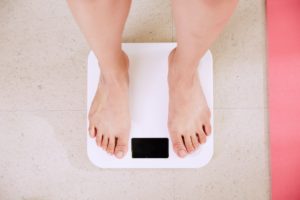According to Chinese medical theory, the symptoms and signs that indicate a Western diagnosis of allergies relate to imbalances in the meridian and Organ Systems of the body. These imbalances may stem from a variety of causes, including stress, poor diet, constitutional weakness, pollutants and environmental toxins.
Over time, if imbalances remain within the body, they will affect the functions of the Organ Systems. Some of these Organ Systems are involved in the production of Wei Qi (pronounced “way chee”). According to the theories of acupuncture and Chinese medicine, it is important to have the correct quality and quantity of Wei Qi circulating around the body in order to stay healthy.
What is Wei Qi?
- Wei Qi deficiency
- Spleen weakness
- Kidney deficiency
- Lung deficiency
The Chinese concept of Wei Qi is similar to the Western concept of the immune system. Wei Qi functions to protect and defend the body against foreign substances, that if not caught can lead to allergies. When Wei Qi is strong and abundant, we remain healthy. When the supply of Wei Qi becomes deficient, health is compromised and we become vulnerable to foreign invaders such as dust, mold, animal dander, bacteria, viruses and pollen. People who have a Wei Qi deficiency are prone to allergies and frequent colds.
Acupuncture and Chinese medicine support and strengthen the systems of the body that are involved in the production of Wei Qi. By building up the supply of Wei Qi, and facilitating the smooth and free flow of it through the body, symptoms and signs related to allergies could be greatly reduced or eliminated.
What will an acupuncturist do?
An acupuncturist will conduct a thorough exam, taking a complete health history. They will then develop a unique treatment plan that will address your specific concerns. The goals of the treatment plan will be to eliminate visible symptoms and signs, while addressing the root cause(s) and underlying imbalances affecting the quality and quantity of Wei Qi.
Acupuncture treatments may be combined with herbs, dietary changes, massage, or exercise. These therapies accelerate the healing process in order to balance, build, and support the body’s Wei Qi.
Seasonal allergy tips:
- Flush your nose with a Neti pot.
- Add spicy foods and omega-3’s to your diet.
- Keep your windows closed during allergy season to prevent dust and pollen from entering.
- Put on a dust mask when you are doing yard or house work.
- Do not hang your clothes out to dry in the sun, as they
will gather dust, mold and pollen. - Come in for an acupuncture tune-up.
Acupuncture and Chinese medicine are a drug-free, safe, natural and effective way to eliminate hay fever, allergies or the common cold.

5 Reasons to Get Acupuncture for Allergies
Allergies, seasonal or otherwise, is one of the biggest health issues people deal with in the United States. And the numbers are rising every year.
Part of this is because our agricultural practices have changed drastically in the past 40 years and our bodies are not accustomed to dealing with genetically modified foods or the excessive amounts of pesticides now being put in and on our food. We are also being over-medicated with antibiotics used in livestock we eat and that we are prescribed by our own doctors. This has created superbugs like MRSA that no longer responding to antibiotics. Our immune systems just can’t keep up. So every year, the number of people experiencing allergies is increasing.
But what if there were a way to combat seasonal allergies without the harsh side effects of medications and to actually get to the root of the problem instead of just masking the symptoms? There is a way to do this and it’s called acupuncture.
Acupuncture and Traditional Chinese Medicine offer a permanent solution to seasonal allergies and relief from everyday allergies with an all-natural approach that will ultimately save you money. Since TCM attacks allergies in a much different method than Western medicine, there is a good chance your allergies will cease to be a problem. Western medicine knows how allergies work and what happens to the body, but there is still no explanation as to why. But, TCM doesn’t need to know why because it looks at the body as a whole and uses an elemental system to determine where there are excesses and deficiencies in each person. So the TCM treatments are completely customized to each patient, thus making them much more effective than one-size-fits-all over-the-counter medications.
When using TCM to treat allergies, practitioners focus heavily on something called Wei Qi. Wei Qi is similar to the immune system in Western medicine. Wei Qi protects the body against foreign materials that can lead to inflammation and eventually allergies. People with lower immunity/Wei Qi are more susceptible to allergies and frequent colds. Acupuncture helps to boost the Wei Qi making it more difficult for allergens to attack the body. This is one of the best reasons to get regular acupuncture treatments if you suffer from allergies of any kind.
When energy becomes blocked due to inflammation caused by allergies, symptoms will flare back up. Acupuncture helps re-establish the flow of energy throughout the body. This will help to alleviate allergy symptoms. Many people who receive acupuncture treatments report they notice changes immediately. And over time, this will help to bring the body back into balance permanently.
Acupuncture has been shown to decrease heat associated with allergies. This can manifest as a sore throat, swollen sinuses and red eyes. There are specific acupressure points on the body that can almost instantaneously relieve these symptoms.
Many allergy sufferers also report pain in various areas of the body, especially the eyes and head. Relieving pain is what acupuncture is most frequently used for and it is also what most scientific studies focus on. The pain associated with allergies can prevent people from enjoying life. But regular acupuncture treatments can help resolve that and allow people to be more active and happy.
Probably the biggest reason to seek out acupuncture for the treatment of allergies is the amount of money a person will save. People spend over $18 billion per year on over-the-counter allergy medications, most of which only give minimal relief and have side effects like drowsiness and immune system suppression.
TCM can provide relief without adverse side effects and for a lot less money overall.

Research Update – Acupuncture and Allergies
The American Journal of Rhinology and Allergy published research that found acupuncture effective for the treatment of allergic rhinitis. Allergic rhinitis is also known as hay fever.
The researchers compiled the results from 13 quality studies, which followed 2,365 participants. The various studies confirmed acupuncture significantly lowers the antibody known as immunoglobulin E or IgE. IgE is the antibody associated with allergies and hypersensitivities. The researchers found not only was the IgE antibody lowered, but so too were the symptoms associated with allergic rhinitis. The participants also reported better quality of life.
Acupuncture and Traditional Chinese Medicine offer a permanent solution to seasonal allergies with an all-natural approach that will ultimately save you money. Since TCM attacks allergies in a much different method than Western medicine, there is a good chance your allergies will cease to be a problem. Western medicine knows how allergies work and what happens to the body, but there is still no explanation as to why. TCM doesn’t need to know why, this is because TCM looks at the body as a whole and uses an elemental system to determine where there are excesses and deficiencies in each person. So the TCM treatments are completely customized to each patient, thus making them much more effective than over-the-counter medications.
When using TCM to treat allergies, practitioners focus heavily on something called Wei Qi. Wei Qi is similar to the immune system in Western medicine. Wei Qi protects the body against foreign materials that can lead to inflammation and eventually allergies. People with lower immunity/Wei Qi are more susceptible to allergies and frequent colds. Acupuncture helps to boost the Wei Qi making it more difficult for allergens to attack the body.
Acupuncture by itself will make a difference in fighting allergies, but adding herbs and herbal formulas will provide the final punch to help eliminate allergies for good. Because each patient has different causes for their allergies, adding herbal formulas can greatly increase the efficacy of the acupuncture treatments by extending the effect of the needles. For example, if a patient specifically gets itchy, watery eyes when their allergies flare up, then the practitioner would likely want to draw the excess energy/element down. In this particular case, the patient would have an excess of fire creating wind. The practitioner would use acupuncture points known to decrease fire and wind in the body. Also adding herbs that do the same thing, would create a one-two punch type of treatment that has longer lasting, more permanent effects.
Ultimately what acupuncture does is boost the Wei Qi/immune system while decreasing the inflammatory response in your body that occurs when an allergen is encountered. The other aspect of treatment, as stated earlier, is to look at the patient as a whole versus just the symptoms.
A good acupuncturist will also focus on dietary habits that may be contributing to your allergies. Many times a person’s Wei Qi is depleted from within due to the foods they are eating. Things like sugar and dairy are often associated with a lower immune system. Eliminating or drastically reducing these items will allow the body to recover more quickly, making allergy attacks easier to resolve.
A comprehensive plan that includes acupuncture treatments, herbs and dietary changes will yield the best results when it comes to fighting allergies.
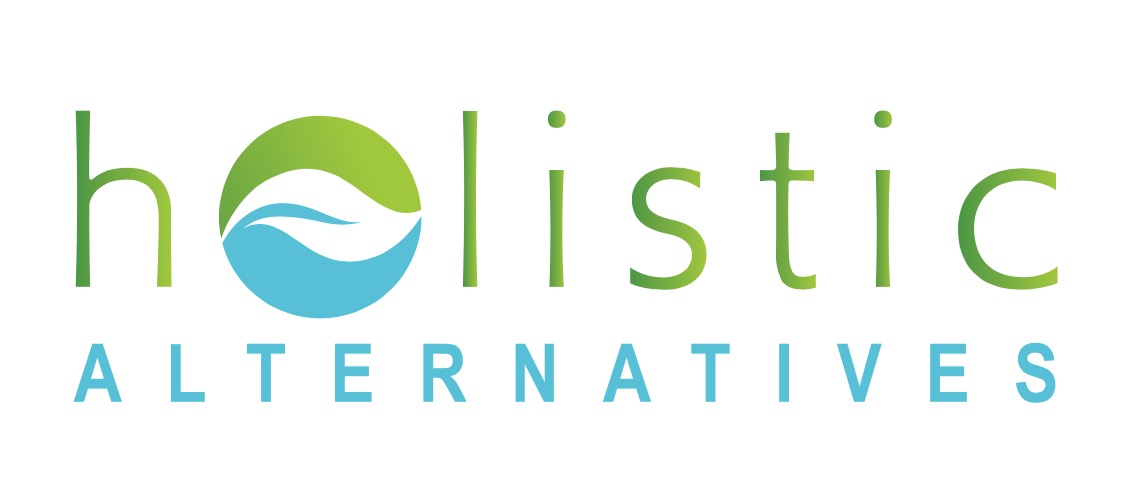
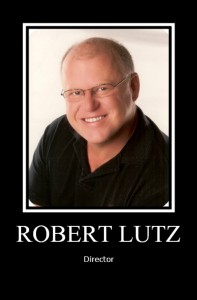
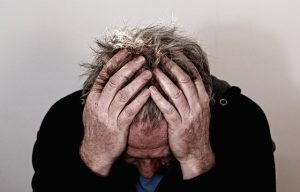 According to the Anxiety Disorders Association of America, anxiety disorders are the most common mental health disorder in the U.S. – affecting 40 million adults and costing more than $42 billion a year.
According to the Anxiety Disorders Association of America, anxiety disorders are the most common mental health disorder in the U.S. – affecting 40 million adults and costing more than $42 billion a year.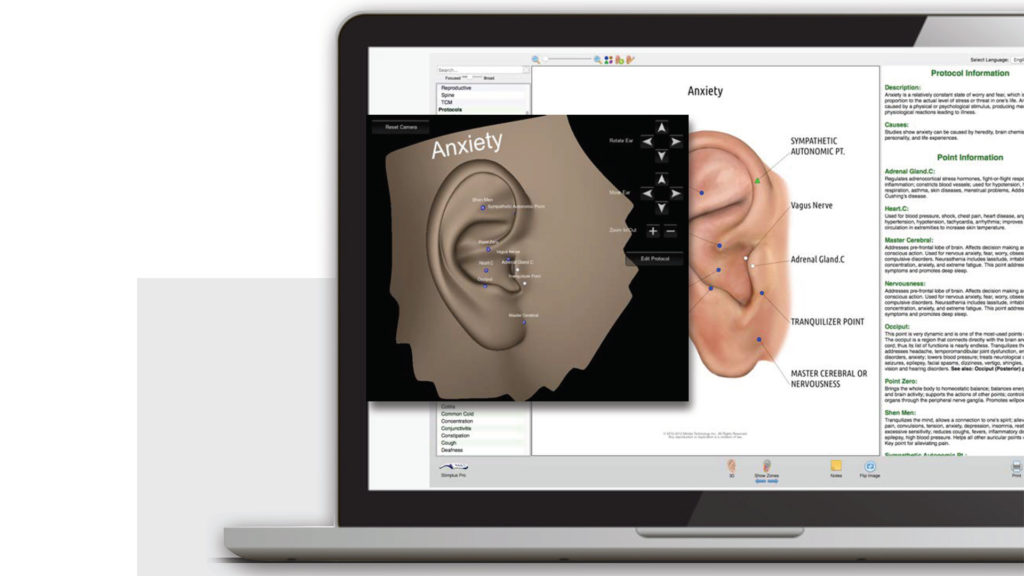
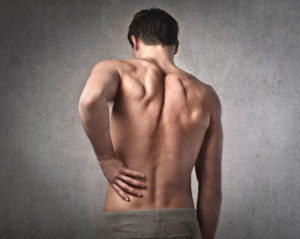 There are many possible causes for back pain, including strained muscles or ligaments, often caused by improper lifting, sudden movements, or traumatic injury. Other culprits can include arthritis, structural abnormalities of the spine, or the disks between the vertebrae bulging / rupturing and pressing on a nerve.
There are many possible causes for back pain, including strained muscles or ligaments, often caused by improper lifting, sudden movements, or traumatic injury. Other culprits can include arthritis, structural abnormalities of the spine, or the disks between the vertebrae bulging / rupturing and pressing on a nerve.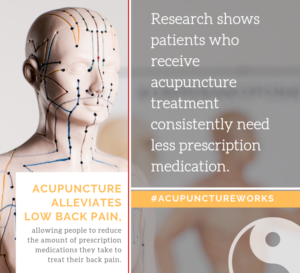 Researchers looked at multiple trials to determine that acupuncture shows great promise in relieving chronic low back pain. The trials were inconclusive about acupuncture for acute low back pain. Since chronic low back pain is more common, it makes sense the majority of the trials scrutinized found more evidence to support acupuncture usage for this condition.
Researchers looked at multiple trials to determine that acupuncture shows great promise in relieving chronic low back pain. The trials were inconclusive about acupuncture for acute low back pain. Since chronic low back pain is more common, it makes sense the majority of the trials scrutinized found more evidence to support acupuncture usage for this condition.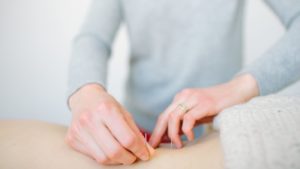 An advantage to utilizing acupuncture to treat back pain is that the acupuncturist doesn’t need to diagnose the cause of pain before treating it.
An advantage to utilizing acupuncture to treat back pain is that the acupuncturist doesn’t need to diagnose the cause of pain before treating it.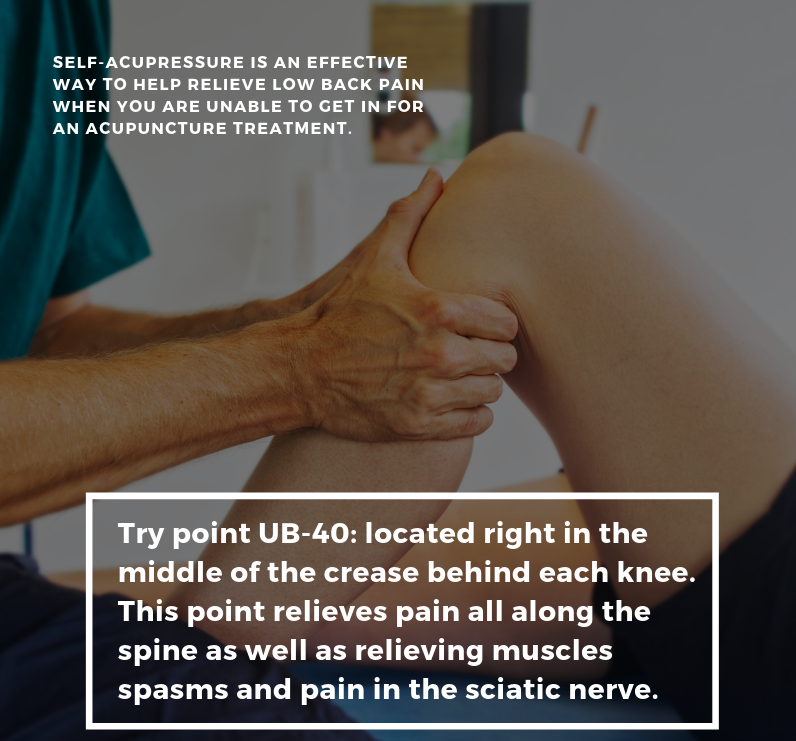

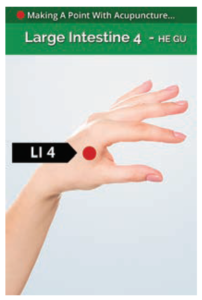
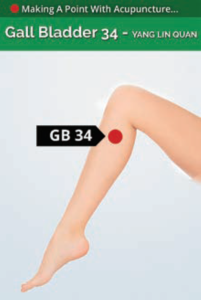
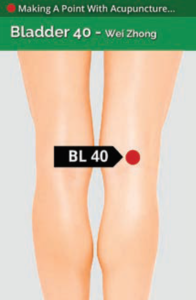
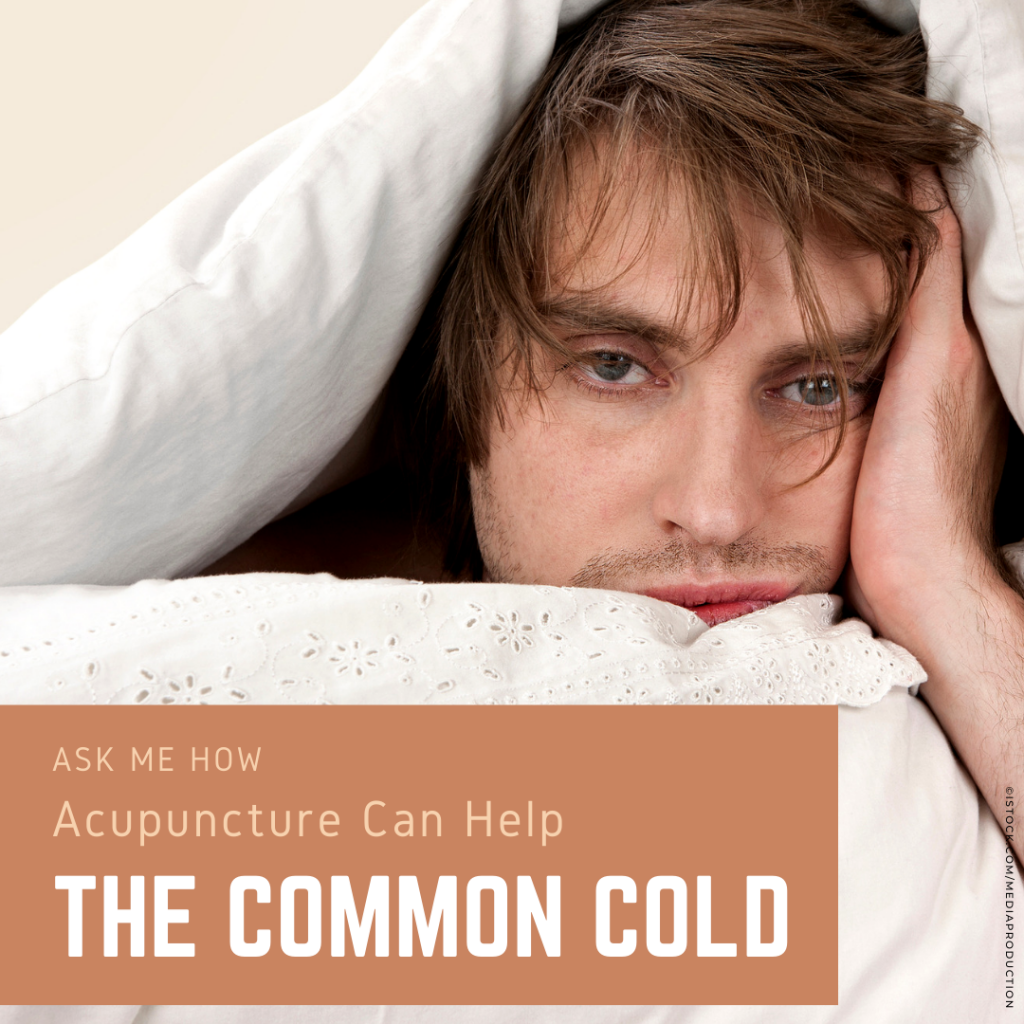
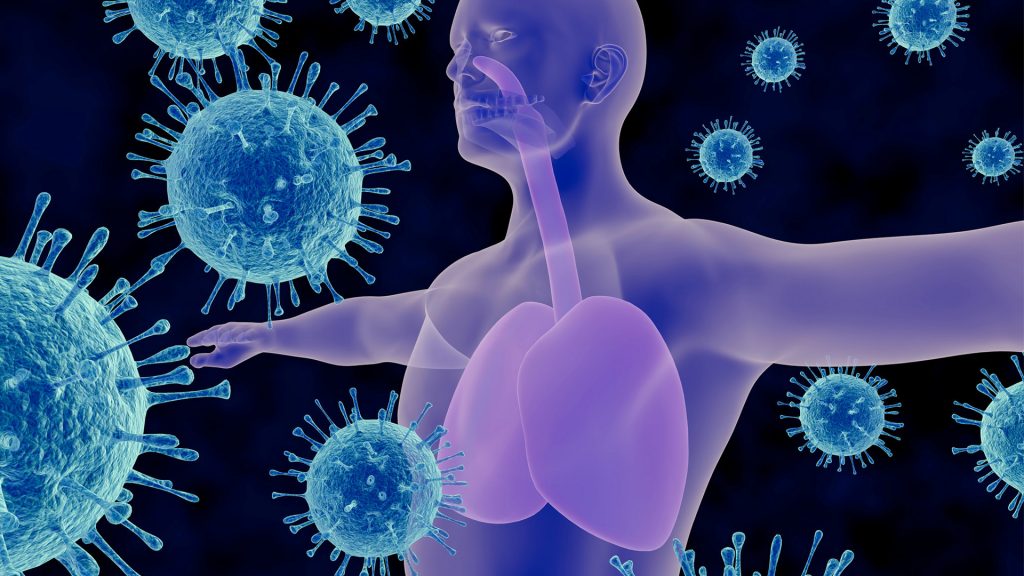
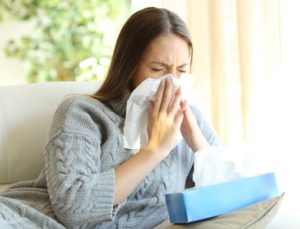 Everybody has suffered from the common cold at some point along this journey called life. The common cold is an acute viral infection that affects the throat and nasal passages. Symptoms of a cold may include headaches, fatigue, a sore throat, nasal congestion, sneezing, a runny nose and coughing. With the normal progression of a cold, the throat symptoms, such as coughing, tend to be worse around the fifth day, while the nasal symptoms are nearing the end of their duration. Overall, the symptoms of the common cold tend to last about seven to 10 days. The typical treatment for a cold is to make sure you are getting plenty of sleep, taking in enough fluids and using steam to break up the mucus in the nasal passages. Because the common cold is caused by a viral infection, the virus must be allowed to run its course, while the symptoms are merely managed.
Everybody has suffered from the common cold at some point along this journey called life. The common cold is an acute viral infection that affects the throat and nasal passages. Symptoms of a cold may include headaches, fatigue, a sore throat, nasal congestion, sneezing, a runny nose and coughing. With the normal progression of a cold, the throat symptoms, such as coughing, tend to be worse around the fifth day, while the nasal symptoms are nearing the end of their duration. Overall, the symptoms of the common cold tend to last about seven to 10 days. The typical treatment for a cold is to make sure you are getting plenty of sleep, taking in enough fluids and using steam to break up the mucus in the nasal passages. Because the common cold is caused by a viral infection, the virus must be allowed to run its course, while the symptoms are merely managed.
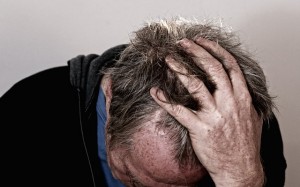 At one time or another, most of us have experienced some form of depression. It is a healthy response to events in our lives that seem overwhelming. When we are balanced, physically and emotionally, we can easily bounce back from a depressed state and move on with our lives. When negative feelings and emotions become persistent and consistent, depression may set in.
At one time or another, most of us have experienced some form of depression. It is a healthy response to events in our lives that seem overwhelming. When we are balanced, physically and emotionally, we can easily bounce back from a depressed state and move on with our lives. When negative feelings and emotions become persistent and consistent, depression may set in.
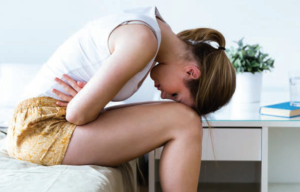 A study published in the Journal of Acupuncture and Meridian Studies looked at the efficacy of acupuncture to control the symptoms of primary dysmenorrhea.
A study published in the Journal of Acupuncture and Meridian Studies looked at the efficacy of acupuncture to control the symptoms of primary dysmenorrhea. When you consider all the changes in our agricultural practices, the increased number of medications we take, as well as our dependence on plastic and technology that is constantly emitting low-grade radiation, it’s no surprise more couples are having trouble conceiving.
When you consider all the changes in our agricultural practices, the increased number of medications we take, as well as our dependence on plastic and technology that is constantly emitting low-grade radiation, it’s no surprise more couples are having trouble conceiving. Regular acupuncture treatments are also very effective at decreasing and removing excess phlegm in the lower body. This buildup of excess phlegm can be caused by numerous factors. In the United States, there are two causes that are most common.
Regular acupuncture treatments are also very effective at decreasing and removing excess phlegm in the lower body. This buildup of excess phlegm can be caused by numerous factors. In the United States, there are two causes that are most common. Robert Lutz
Robert Lutz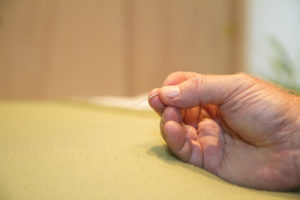 Acupuncture and Chinese medicine can offer a safe, effective, natural and drug-free way to address IBS. This holistic healthcare system looks at the body differently than Western medicine. According to Chinese medicine, the body is like a garden that must be cultivated and maintained in order to grow strong and remain healthy. Good health happens when all of the organs and meridian systems are balanced and working together.
Acupuncture and Chinese medicine can offer a safe, effective, natural and drug-free way to address IBS. This holistic healthcare system looks at the body differently than Western medicine. According to Chinese medicine, the body is like a garden that must be cultivated and maintained in order to grow strong and remain healthy. Good health happens when all of the organs and meridian systems are balanced and working together.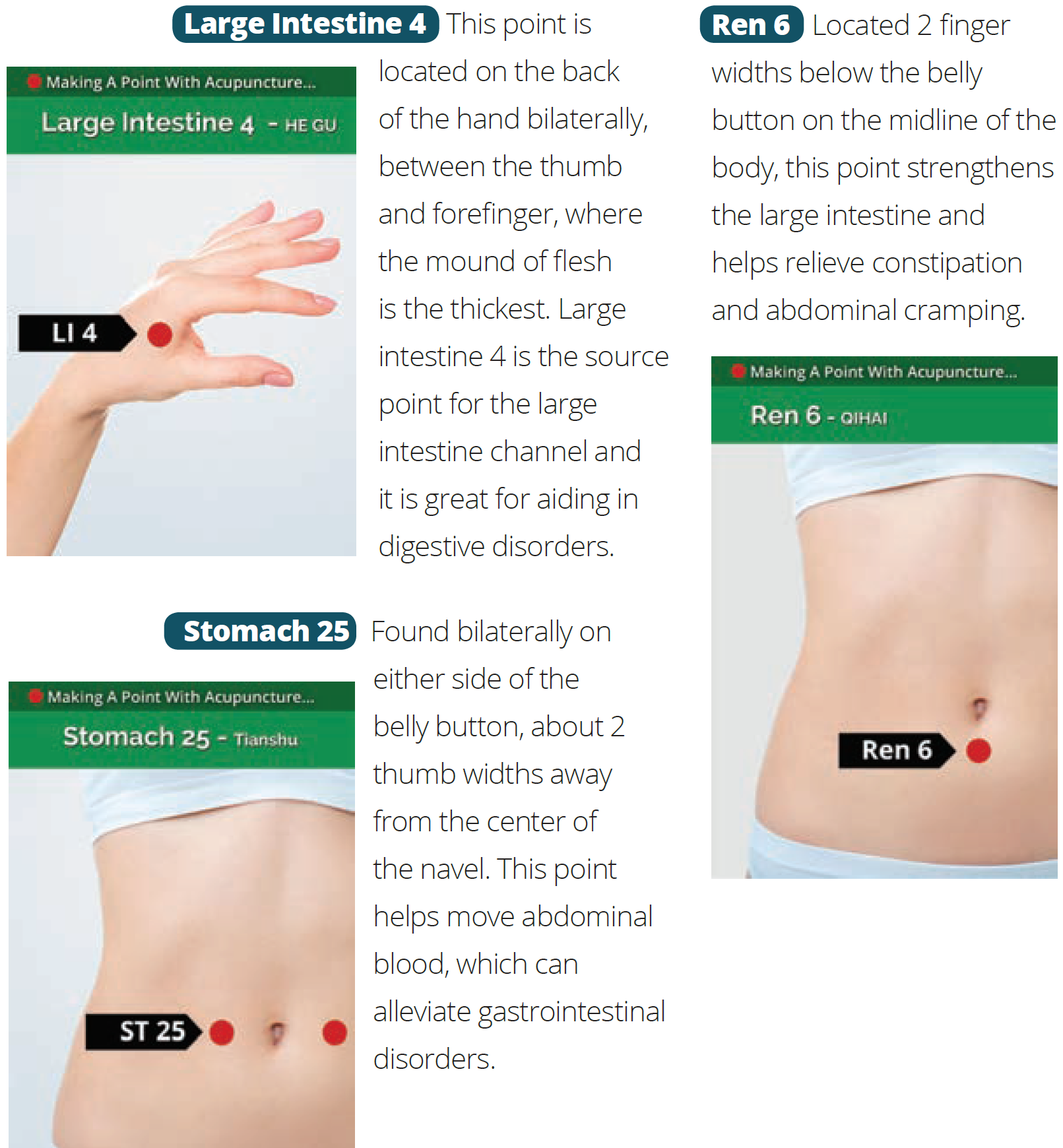
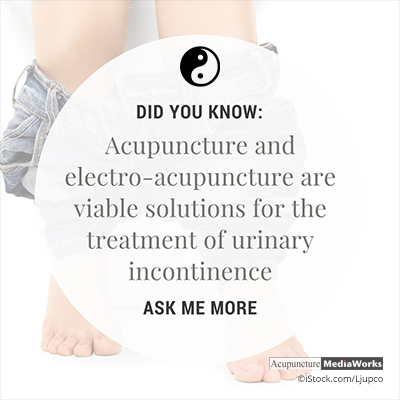 According to the World Health Organization, urinary bladder control problems affect nearly 200 million people worldwide. Women tend to be more likely to be affected by urinary bladder dysfunction than men. The most recent reports show more than 50 percent of older Americans struggle with urinary incontinence. This is just one of the many urinary problems that plague people all around the world. Urinary bladder dysfunction can mean anything from enuresis (urinary incontinence) to bladder stones. Many of these illnesses are preventable or treatable.
According to the World Health Organization, urinary bladder control problems affect nearly 200 million people worldwide. Women tend to be more likely to be affected by urinary bladder dysfunction than men. The most recent reports show more than 50 percent of older Americans struggle with urinary incontinence. This is just one of the many urinary problems that plague people all around the world. Urinary bladder dysfunction can mean anything from enuresis (urinary incontinence) to bladder stones. Many of these illnesses are preventable or treatable.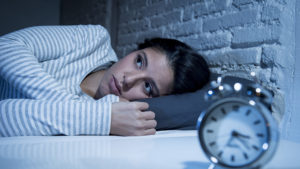 You settle into a warm, comfortable bed, close your eyes and nothing happens, you just can’t fall asleep. Hours go by and still you’re awake. The next day you feel tired, grouchy, and are unable to focus.
You settle into a warm, comfortable bed, close your eyes and nothing happens, you just can’t fall asleep. Hours go by and still you’re awake. The next day you feel tired, grouchy, and are unable to focus.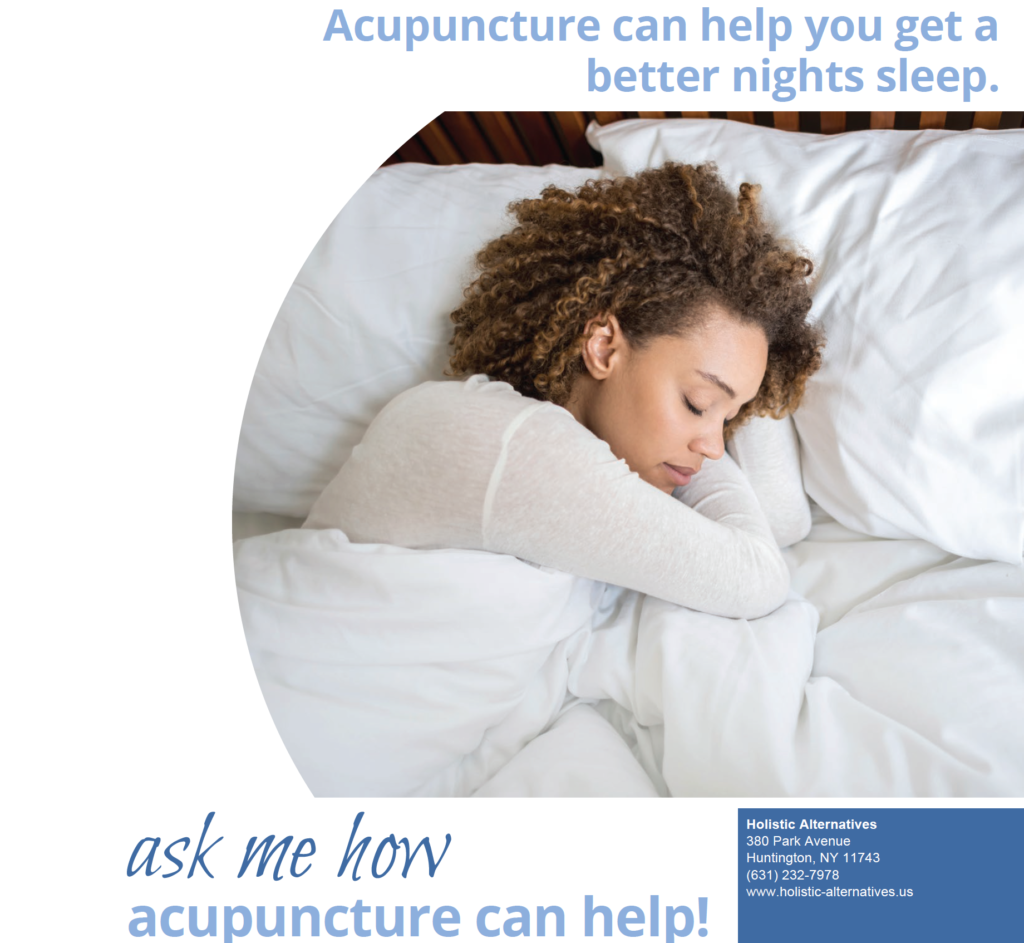
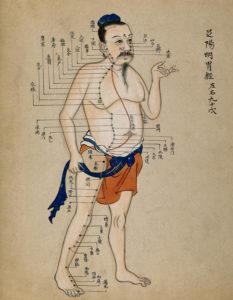 In TCM, the liver and its corresponding meridian are responsible for the smooth flow of Qi or energy, blood and emotions. The liver is easily affected by excess stress and uncontrolled emotions. Anger is the emotion commonly associated with the liver and gallbladder. If a person is frequently irritable, gets angered easily, has difficulty relaxing or letting things go, and is unreasonable, it is safe to guess their liver Qi isn’t functioning properly.
In TCM, the liver and its corresponding meridian are responsible for the smooth flow of Qi or energy, blood and emotions. The liver is easily affected by excess stress and uncontrolled emotions. Anger is the emotion commonly associated with the liver and gallbladder. If a person is frequently irritable, gets angered easily, has difficulty relaxing or letting things go, and is unreasonable, it is safe to guess their liver Qi isn’t functioning properly.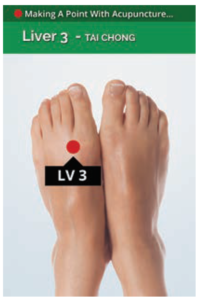
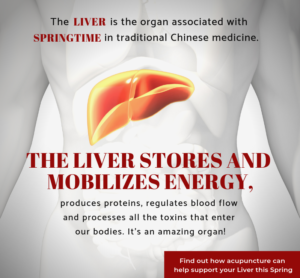 Physiologically, the liver embodies the decisive aspect of a military general, in setting up the preconditions for the correct functioning of nearly every organ system. For example, the liver is related to blood pressure via its synthesis of albumin, the blood plasma protein that helps balance oncotic pressure, which ultimately influences systemic blood pressure. The liver stores and releases important vitamins, minerals and glucose; metabolizes hormones; synthesizes proteins; detoxifies various metabolites; and secretes biochemicals vital to digestion such as bile.
Physiologically, the liver embodies the decisive aspect of a military general, in setting up the preconditions for the correct functioning of nearly every organ system. For example, the liver is related to blood pressure via its synthesis of albumin, the blood plasma protein that helps balance oncotic pressure, which ultimately influences systemic blood pressure. The liver stores and releases important vitamins, minerals and glucose; metabolizes hormones; synthesizes proteins; detoxifies various metabolites; and secretes biochemicals vital to digestion such as bile.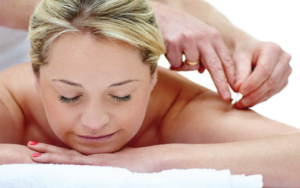 Liver Qi stagnation affects a large number of body processes, and it makes all of them less efficient. When the liver system is constantly challenged and bound up with stress, what follows are more severe imbalances of digestion, blood pressure, hormonal expression, blood sugar regulation and mood. This can cause muscle tension and pain, anxiety and/or depression, accumulation of fat, insomnia, menstrual cramps, low libido and more.
Liver Qi stagnation affects a large number of body processes, and it makes all of them less efficient. When the liver system is constantly challenged and bound up with stress, what follows are more severe imbalances of digestion, blood pressure, hormonal expression, blood sugar regulation and mood. This can cause muscle tension and pain, anxiety and/or depression, accumulation of fat, insomnia, menstrual cramps, low libido and more.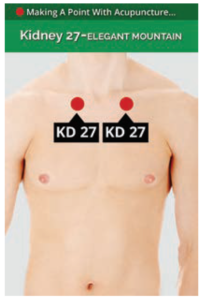 The modern condition of “decision fatigue” contributes directly to the binding up of activity of the liver system in a similar way to the “decision paralysis” that occurs when we have too many options or cannot decide. We go into fight or flight mode, release a bunch of stress hormones, and then stew in them because the organ system responsible for clearing out and metabolizing these stress hormones, the liver, is the one being most strongly impacted by our emotional response.
The modern condition of “decision fatigue” contributes directly to the binding up of activity of the liver system in a similar way to the “decision paralysis” that occurs when we have too many options or cannot decide. We go into fight or flight mode, release a bunch of stress hormones, and then stew in them because the organ system responsible for clearing out and metabolizing these stress hormones, the liver, is the one being most strongly impacted by our emotional response.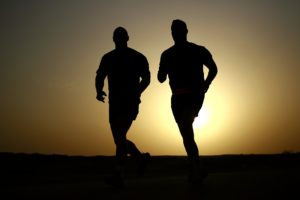 What We Treat: Men’s Health
What We Treat: Men’s Health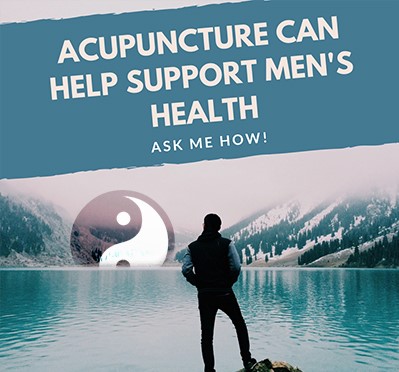 Most people think of acupuncture for pain relief, but the truth is it can treat much more. Acupuncture can help with anxiety, depression, heart health, insomnia, digestive issues and any kind of pain. Acupuncture is most commonly thought of as a way of relieving pain and it is usually sought out after everything else has failed to provide adequate pain relief.
Most people think of acupuncture for pain relief, but the truth is it can treat much more. Acupuncture can help with anxiety, depression, heart health, insomnia, digestive issues and any kind of pain. Acupuncture is most commonly thought of as a way of relieving pain and it is usually sought out after everything else has failed to provide adequate pain relief.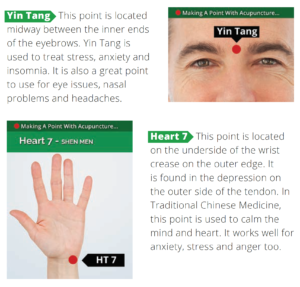 There are certain health issues more prevalent in men than women, and many of these conditions can be easily controlled or treated using Traditional Chinese Medicine. Afflictions such as high blood pressure, depression, urinary issues, stress and prostate problems are just a few of the issues that are more frequently seen in men than women. And these issues, along with many others, respond very favorably to acupuncture and TCM:
There are certain health issues more prevalent in men than women, and many of these conditions can be easily controlled or treated using Traditional Chinese Medicine. Afflictions such as high blood pressure, depression, urinary issues, stress and prostate problems are just a few of the issues that are more frequently seen in men than women. And these issues, along with many others, respond very favorably to acupuncture and TCM:
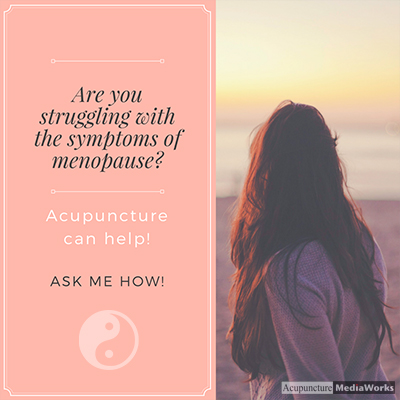

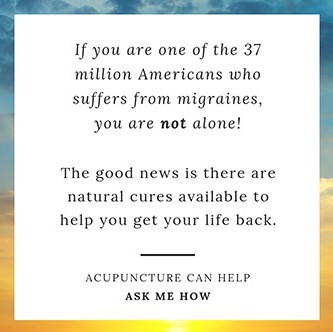 1. Acupuncture has been proven to relieve migraine pain. This is the #1 reason TCM practitioners have people walk through their office doors. Pain – whether associated with migraines or not, is epidemic in the United States. Literally thousands of studies have shown acupuncture treatments can effectively relieve and reduce pain. This can be done both for acute and chronic pain. When acupuncture is coupled with massage or cupping, the results can be even longer lasting.
1. Acupuncture has been proven to relieve migraine pain. This is the #1 reason TCM practitioners have people walk through their office doors. Pain – whether associated with migraines or not, is epidemic in the United States. Literally thousands of studies have shown acupuncture treatments can effectively relieve and reduce pain. This can be done both for acute and chronic pain. When acupuncture is coupled with massage or cupping, the results can be even longer lasting.
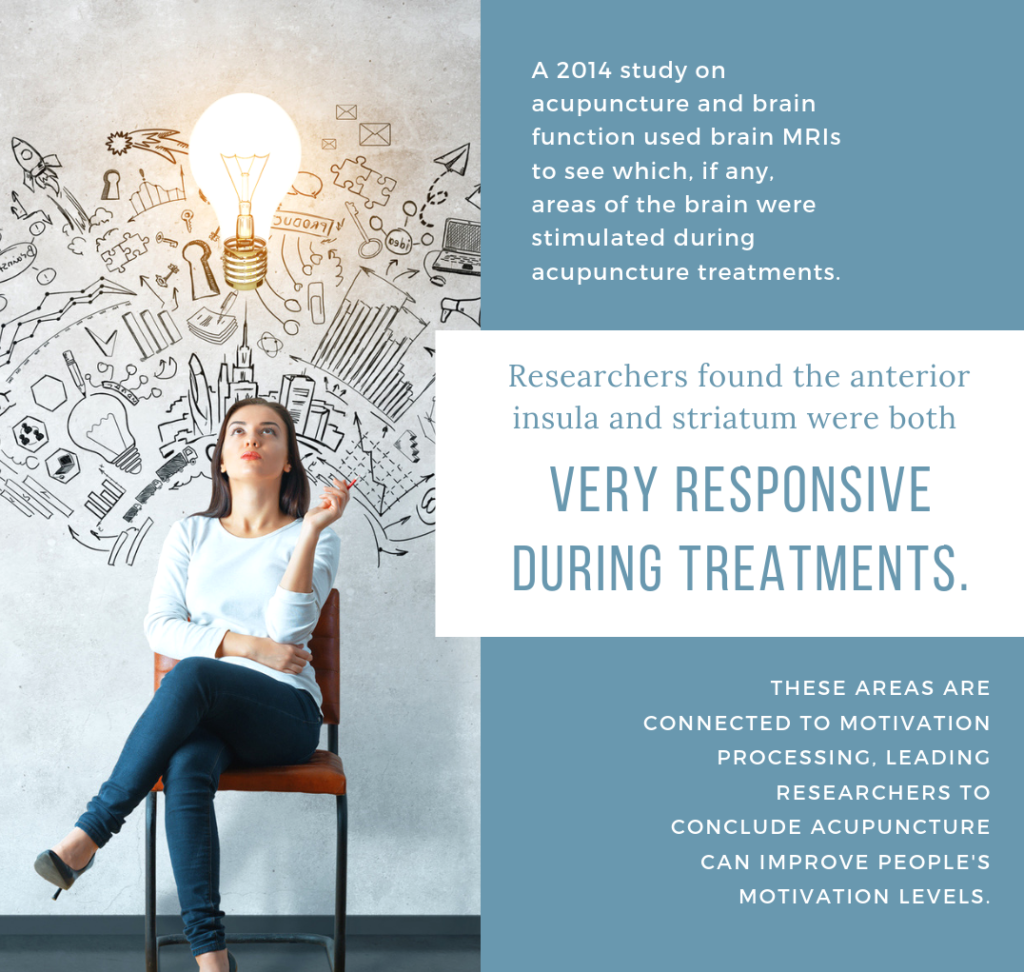

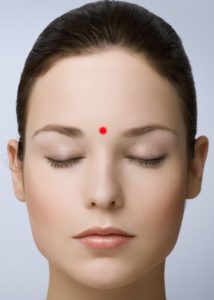 Yin Tang – located between the eyebrows, place your thumbs together and rub untoward the scalp, or place your index finger there lightly and rub in a clockwise circle. This point will help calm your mind and quell anxiety.
Yin Tang – located between the eyebrows, place your thumbs together and rub untoward the scalp, or place your index finger there lightly and rub in a clockwise circle. This point will help calm your mind and quell anxiety.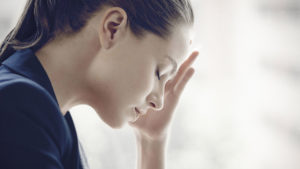
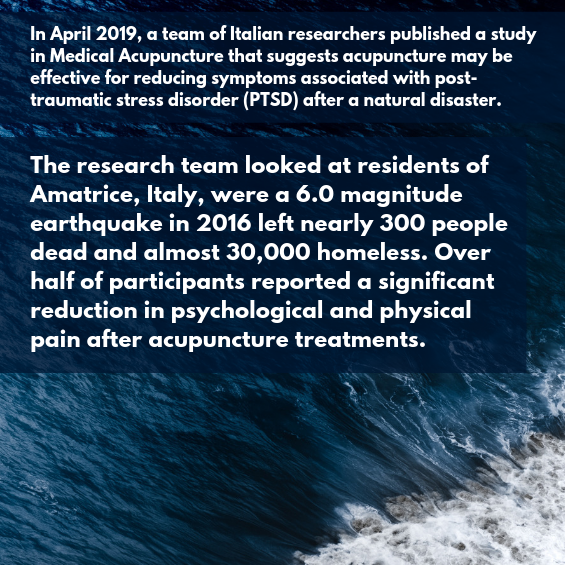
 Robert Lutz, L.Ac., LMT, Diplomate of Oriental Medicine
Robert Lutz, L.Ac., LMT, Diplomate of Oriental Medicine Repetitive stress injuries, also known as RSI, are a common workplace problem.
Repetitive stress injuries, also known as RSI, are a common workplace problem.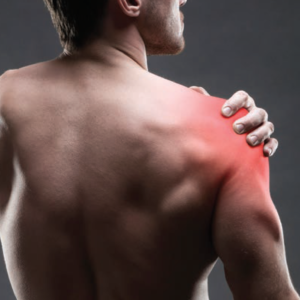 RSI happens when tendons or muscles become inflamed due to repetitive movements over time. Trapped nerves can also be caused by RSI. When you repeat an activity over and over, this can disrupt the flow of qi and blood.
RSI happens when tendons or muscles become inflamed due to repetitive movements over time. Trapped nerves can also be caused by RSI. When you repeat an activity over and over, this can disrupt the flow of qi and blood.
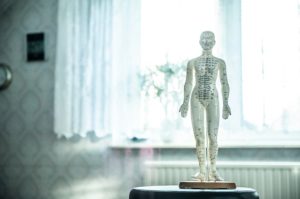 Respiratory issues and the deaths associated with them have shot up tremendously over the past 35 years in the United States. The number of deaths from chronic respiratory illnesses jumped from 41 in 100,000 in 1980 to 53 in 100,000 by 2014. COPD or chronic obstructive pulmonary disease is the leading cause of respiratory deaths, but other ailments like asthma, interstitial lung disease and pneumoconiosis are also contributors to the aforementioned numbers. In many cases, symptoms are merely masked or managed through the use of pharmaceuticals. But there are alternatives like Traditional Chinese Medicine that can address both the symptoms and the root causes of the disease.
Respiratory issues and the deaths associated with them have shot up tremendously over the past 35 years in the United States. The number of deaths from chronic respiratory illnesses jumped from 41 in 100,000 in 1980 to 53 in 100,000 by 2014. COPD or chronic obstructive pulmonary disease is the leading cause of respiratory deaths, but other ailments like asthma, interstitial lung disease and pneumoconiosis are also contributors to the aforementioned numbers. In many cases, symptoms are merely masked or managed through the use of pharmaceuticals. But there are alternatives like Traditional Chinese Medicine that can address both the symptoms and the root causes of the disease.
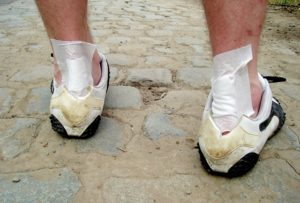 Acupuncture for Sprains and Strains
Acupuncture for Sprains and Strains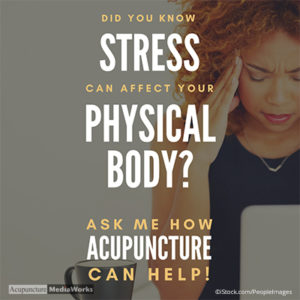 How Acupuncture Helps Reduce Stress
How Acupuncture Helps Reduce Stress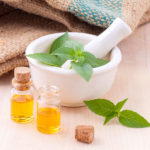 TCM is holistic and natural because it stimulates the body’s own healing mechanisms and takes into account all aspects of a patient’s life, rather than just several obvious signs or symptoms.
TCM is holistic and natural because it stimulates the body’s own healing mechanisms and takes into account all aspects of a patient’s life, rather than just several obvious signs or symptoms.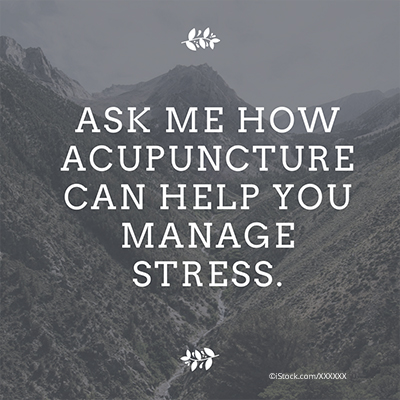 Here are some facts from the Global Organization for Stress:
Here are some facts from the Global Organization for Stress: A stroke results from an acute lack of blood supply to a portion of the brain. Because brain cells are very dependent on oxygen, a few minutes without proper blood flow can be quite damaging.
A stroke results from an acute lack of blood supply to a portion of the brain. Because brain cells are very dependent on oxygen, a few minutes without proper blood flow can be quite damaging.